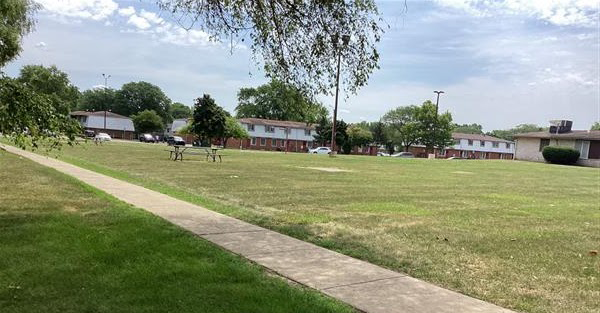
Prevention Research Center of Michigan tackles vacant lots, built environments to improve health, well-being
Renewed $5 million in CDC funding expands academic-community partnerships in Flint, Michigan
For 26 years, the Prevention Research Center of Michigan has researched ways to create safer, more inviting and accessible neighborhood spaces and improve physical and mental health. Now, with $5 million in renewed funding from the U.S. Centers for Disease Control and Prevention, the center will continue its community-based participatory research projects through at least 2029.





